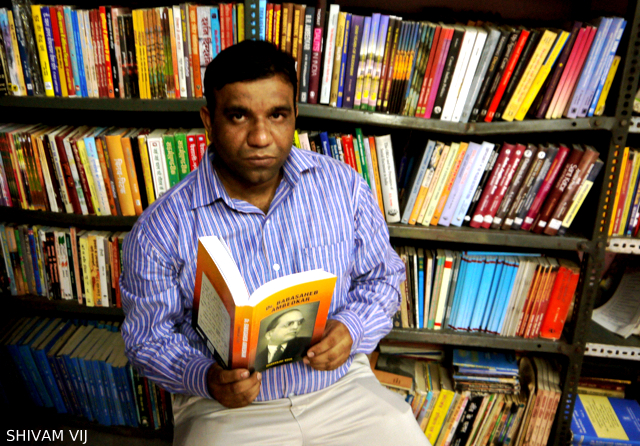
If the post-Mandal Dalit Bahujan upsurge was an expression of the democratic revolution, the advent of Adityanath’s BJP government constituted the beginning of a counter-revolution that is on the way to consolidating itself in Uttar Pradesh.

The facts of the case are well known, even though the Yogi Adityanath government in Uttar Pradesh is trying, ever so hard, to produce a different narrative by resorting to the usual Hindutva tactic of assigning it to an international conspiracy. It is typical of the utterly farcical and shoddy nature of the Indian police (and maybe indicates the regime’s over-confidence) that it in the name of collecting evidence of the conspiracy, it has done a cut-and-paste job from an American site, even forgetting to delete references to ‘NYPD’ and ‘white supremacism’! Incidents of gang-rape and murder have since also happened elsewhere in the state, notably in Balrampur and Bulandshahr. We are witnessing the heinous episode of the Hathras gang rape and murder when the memory of the Unnao rape case in which then BJP leader Kuldeep Sengar was accused, is still fresh in our minds. The victim’s father died in police custody, having already been very badly beaten by Sengar’s brother and their goons, a video of which was proudly circulated on social media. Some other members of the family were killed in an accident when a truck with a blackened number plate hit their car. In a second rape case, in the very same Unnao, two years later, a 23-year old woman who had been raped and was on the way to a hearing of the rape case, was caught and set ablaze by five men and died soon after that. In the first case, the rape-accused was a ‘popular’ figure – a Rajput leader – in whose support demonstrations were organized after he was arrested. In the second case, the girl was a Lohar (a blacksmith jati) while those who brutalized and killed her were Brahmins.
Continue reading Hathras and Beyond: the Upper Caste Counter-Revolution


